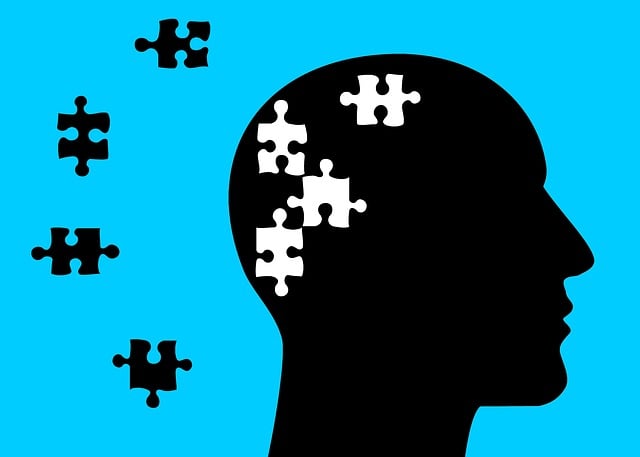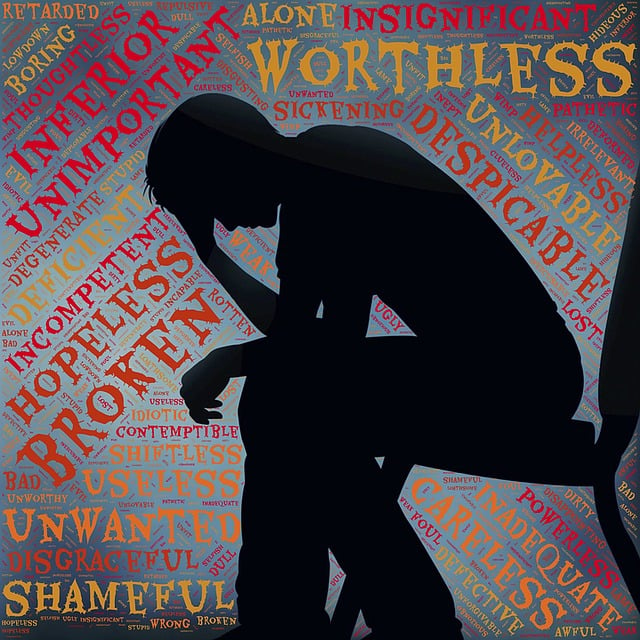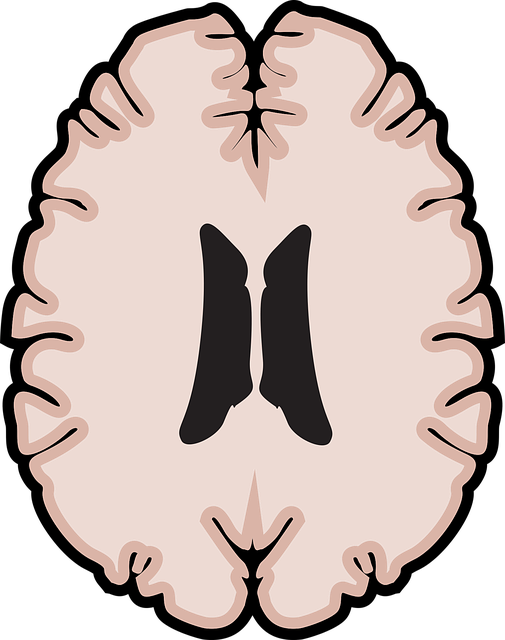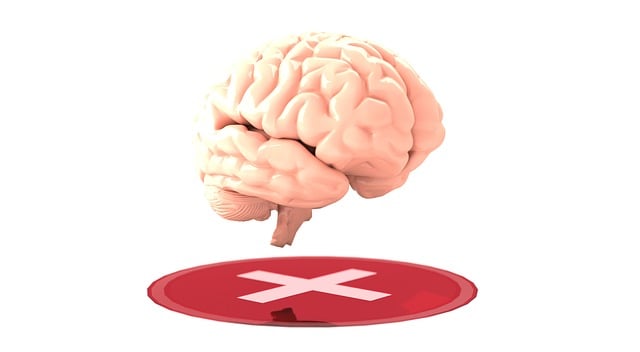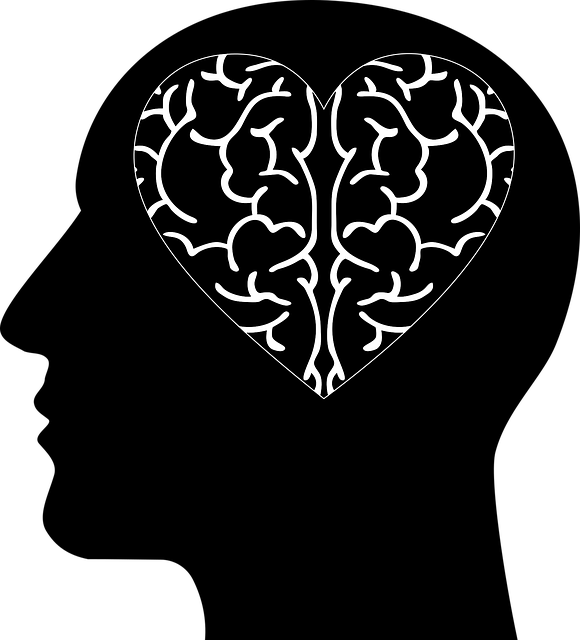In today's healthcare landscape, cultural competency is essential for addressing issues like drug abuse, as demonstrated by Centennial Drug Abuse-Substance Abuse Therapy. Patients from diverse backgrounds bring unique perspectives to care. Effective training equips professionals with tools to create inclusive environments, improve communication, and develop context-specific strategies. This leads to better patient satisfaction, adherence to treatment plans, and equitable healthcare access. Centennial's holistic approach integrates cultural perspectives through education, case studies, best practice sharing, and risk management planning, enhancing emotional healing and practitioner skills for improved patient outcomes.
Healthcare provider cultural competency training is an essential component of modern medical practice, especially in diverse communities. This article explores “Understanding Cultural Competency in Healthcare” and highlights its critical role in enhancing patient care and outcomes. We delve into effective strategies for implementation, drawing insights from the successful model at Centennial Drug Abuse-Substance Abuse Therapy. By focusing on cultural competency, healthcare providers can better serve diverse populations, ensuring equitable access to quality treatment.
- Understanding Cultural Competency in Healthcare: A Necessary Approach
- The Role of Training in Enhancing Patient Care and Outcomes
- Strategies for Effective Implementation and Continuous Improvement at Centennial Drug Abuse-Substance Abuse Therapy
Understanding Cultural Competency in Healthcare: A Necessary Approach

In today’s diverse healthcare landscape, cultural competency is no longer an optional consideration but a necessary approach. It involves understanding and appreciating the cultural differences that shape individuals’ health beliefs, behaviors, and experiences. This concept is especially crucial in addressing issues like drug abuse and substance use disorders, as seen in Centennial Drug Abuse-Substance Abuse Therapy services. Patients from various ethnic, racial, and socio-economic backgrounds bring unique perspectives and traditions to their healthcare interactions. By embracing cultural competency, healthcare providers can create an inclusive environment that fosters trust and encourages open communication.
Effective cultural competency training equips professionals with essential tools for navigating these differences. It includes developing public awareness campaigns that respect diverse communities, incorporating mindfulness meditation techniques to enhance empathy and understanding, and mastering communication strategies tailored to various cultural contexts. These steps are vital in ensuring equitable healthcare access and outcomes, as well as improving patient satisfaction and adherence to treatment plans.
The Role of Training in Enhancing Patient Care and Outcomes

Cultural competency training plays a pivotal role in enhancing patient care and outcomes within healthcare settings. By equipping providers with the skills to understand and appreciate diverse cultural backgrounds, beliefs, and values, they become better equipped to deliver personalized and effective treatment. This is particularly relevant in addressing issues like drug abuse and substance use disorders, as seen in Centennial’s Drug Abuse-Substance Abuse Therapy programs.
Effective training fosters improved communication strategies between healthcare professionals and patients from various ethnic and cultural groups. It also promotes the development of inner strength and mental wellness among both providers and clients, as evidenced through the popularity of the Mental Wellness Podcast Series Production. Ultimately, this holistic approach not only improves patient satisfaction but also contributes to better health outcomes and stronger relationships within the healthcare community.
Strategies for Effective Implementation and Continuous Improvement at Centennial Drug Abuse-Substance Abuse Therapy

At Centennial Drug Abuse-Substance Abuse Therapy, effective implementation and continuous improvement of cultural competency training are achieved through a multifaceted approach. The organization prioritizes education by incorporating diverse perspectives into their curriculum, ensuring that mental health professionals gain insights into various cultural practices and belief systems. This holistic strategy includes workshops led by community leaders and experts in ethnic studies, allowing therapists to develop culturally sensitive treatment plans.
Additionally, Centennial Drug Abuse-Substance Abuse Therapy fosters an environment of ongoing learning with regular staff meetings dedicated to discussing case studies and sharing best practices. They implement risk management planning for mental health professionals, addressing potential challenges that may arise when treating a diverse client base. Through these initiatives, the therapy center promotes emotional healing processes, enhances communication skills, and strengthens social skills training among its practitioners, ultimately improving patient outcomes.
Healthcare provider cultural competency training is no longer a choice, but an essential strategy for delivering high-quality patient care. As demonstrated by examples like Centennial Drug Abuse-Substance Abuse Therapy, structured and ongoing education can significantly enhance clinical outcomes and foster more inclusive, effective healthcare environments. By embracing diverse perspectives and implementing evidence-based practices, healthcare professionals can better navigate complex cultural nuances, improve patient satisfaction, and ultimately contribute to healthier communities.

